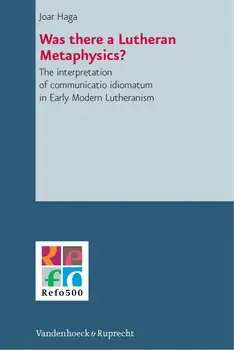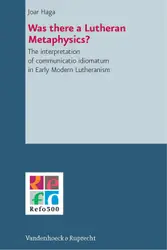Joar Haga traces the Lutheran doctrine of communicatio idiomatum, the exchange of properties between the natures of Christ, as it developed in some important controversies of the 16th and the early 17th Century. Regarding it as the nerve of his soteriology, Luther stressed the intimacy of the two natures in Christ to such a degree that it threatened to end the peaceful relationship between theology and philosophy. At the same time as the Wittenberg reformers broke with certain strains of their philosophical heritage, they would insist that the continuation of Christ's bodily presence was a reality in sacrament and nature (!), irreducible to a sign or to a memory. On the other hand, they did not want to be ignorant of the claims of reason. By rejecting the classic framework for a peaceful coexistence of philosophy and theology on the one hand, and insisting on Christ's bodily reality on the other, the quest for a new concept of how philosophy and theology related was implicitly stated.Earlier research identified two traditions of Lutheran Christology: One train of thought follows Luther in emphasising the difference between philosophy and theology. This can be seen in the Tübingen solutions where Johannes Brenz and Theodor Thumm are the most interesting thinkers. Another train of thought can be found in the conservative pupils of Melanchthon, where Martin Chemnitz and Balthasar Mentzer are the most prominent theologians. This research does not merely group the thinkers within the confines of a tradition, but underlines their individual contributions to an open-ended history.
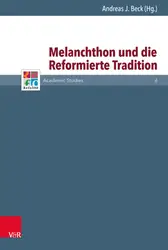
Melanchthon und die Reformierte Tradition
book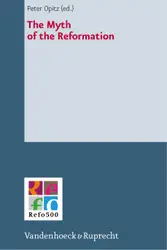
The Myth of the Reformation
book
Calvin and Luther: The Continuing Relationship
book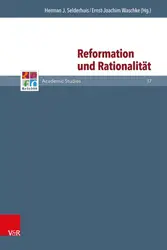
Reformation und Rationalität
book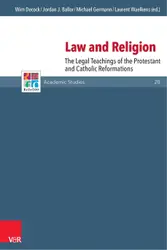
Law and Religion : The Legal Teachings of the Protestant and Catholic Reformations
book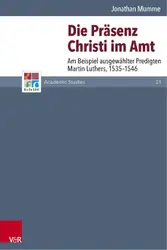
Die Präsenz Christi im Amt : Am Beispiel ausgewählter Predigten Martin Luthers, 1535–1546
Jonathan Mumme
book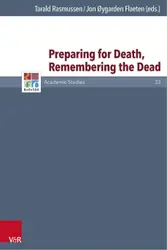
Preparing for Death, Remembering the Dead
book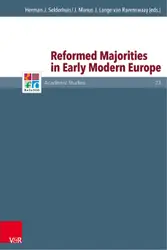
Reformed Majorities in Early Modern Europe
book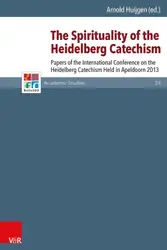
The Spirituality of the Heidelberg Catechism : Papers of the International Conference on the Heidelberg Catechism Held in Apeldoorn 2013
book
Latomus and Luther : The Debate: Is every Good Deed a Sin?
Anna Vind
book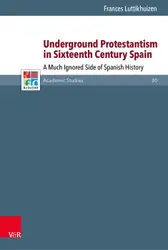
Underground Protestantism in Sixteenth Century Spain : A Much Ignored Side of Spanish History
Frances Luttikhuizen
book
Lutheran Theology and the shaping of society: The Danish Monarchy as Example : The Danish Monarchy as Example
book
